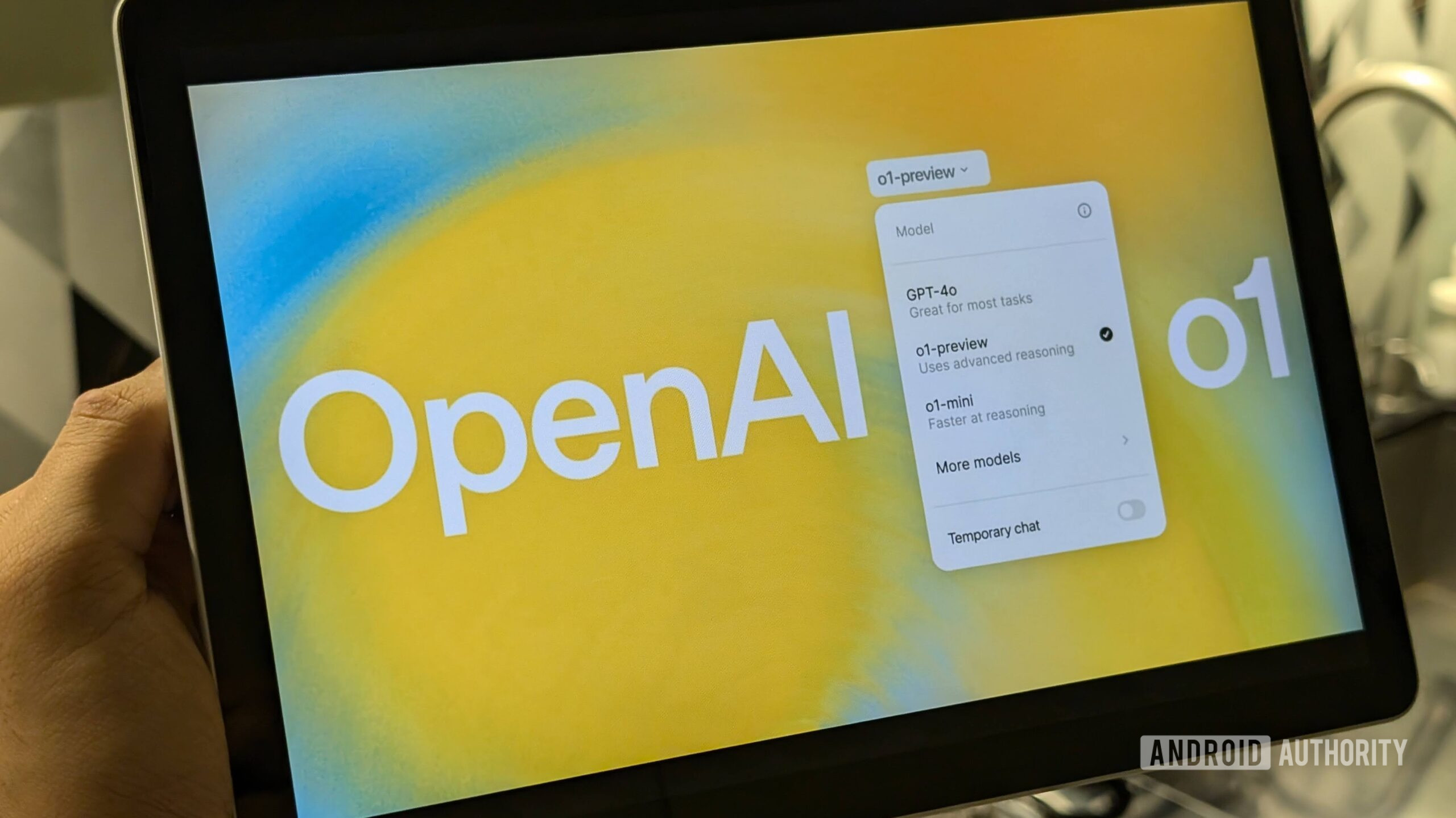This (gift linked) article seems very… what is the opposite of encouraging?
Excerpt (from article below):
Spending on data centers is conservatively projected to exceed $400 billion this year, roughly the size of the economy of Denmark; McKinsey estimates that it will reach nearly $7 trillion by 2030. Creative measures are necessary to pay for all of this investment.
At the center of the action is Nvidia, the world’s most valuable company. Companies that train and run AI systems, such as Anthropic and OpenAI, need Nvidia’s chips but don’t have the cash on hand to pay for them. Nvidia, meanwhile, has plenty of cash but needs customers to keep buying its chips. So the parties have made a series of deals in which the AI companies are effectively paying Nvidia by handing over a share of their future profits in the form of equity. The chipmaker has struck more than 50 deals this year, including a $100 billion investment in OpenAI and (with Microsoft) a $15 billion investment in Anthropic. Formally, these transactions don’t obligate the AI companies to spend money on Nvidia’s chips—an Nvidia spokesperson told Bloomberg that the company “does not require any of the companies we invest in to use Nvidia technology”—but in practice, that’s where the money goes.
OpenAI has made its own series of deals, including agreements to purchase $300 billion of computing power from Oracle, $38 billion from Amazon, and $22 billion from CoreWeave. Those cloud providers, in turn, are an important market for Nvidia’s chips. OpenAI has also invested in several smaller AI start-ups, which in exchange have agreed to pay for ChatGPT enterprise accounts. Even when represented visually, the resulting web of interlocking relationships is almost impossible to track.
Together, these arrangements amount to an entire industry making a double-or-nothing bet on a product that is nowhere near profitable. A single company, OpenAI, is simultaneously a major source of revenue and investment for several cloud companies and chipmakers; a close financial partner to Microsoft, Oracle, and Amazon; a significant customer for Nvidia; and a leading investor in AI start-ups. And yet the company is projected to generate only $10 billion this year in revenue—less than a fifth of what it needs annually just to fund its deal with Oracle. It is on track to lose at least $15 billion this year, and doesn’t expect to be profitable until at least 2029. By one estimate, AI companies collectively will generate $60 billion in revenue against $400 billion in spending this year. The one company that is making a lot of money from the AI boom, Nvidia, is doing so only because everyone else is buying its chips in the hopes of obtaining future profits.
The AI companies and their boosters see this as a gamble worth taking. Demand for AI services, they point out, is growing at an exponential rate. According to calculations by Azeem Azhar, a widely cited AI-industry analyst, the direct revenues from AI services have increased nearly ninefold over the past two years. If that pace continues, then it’s only a matter of time before AI companies will begin making record-shattering profits. “I think people who fixate on exactly how these investments are being financed are stuck in an outdated way of thinking,” Azhar told me. “Everyone is assuming that this technology will improve at a linear pace. But AI is an exponential technology. It’s a whole different paradigm.”
If, however, AI does not produce the short-term profits its proponents envision—if its technical advances slow down and its productivity-enhancing effects underwhelm, as a mounting body of evidence suggests may be the case—then the financial ties that bind the sector together could become everyone’s collective downfall.

